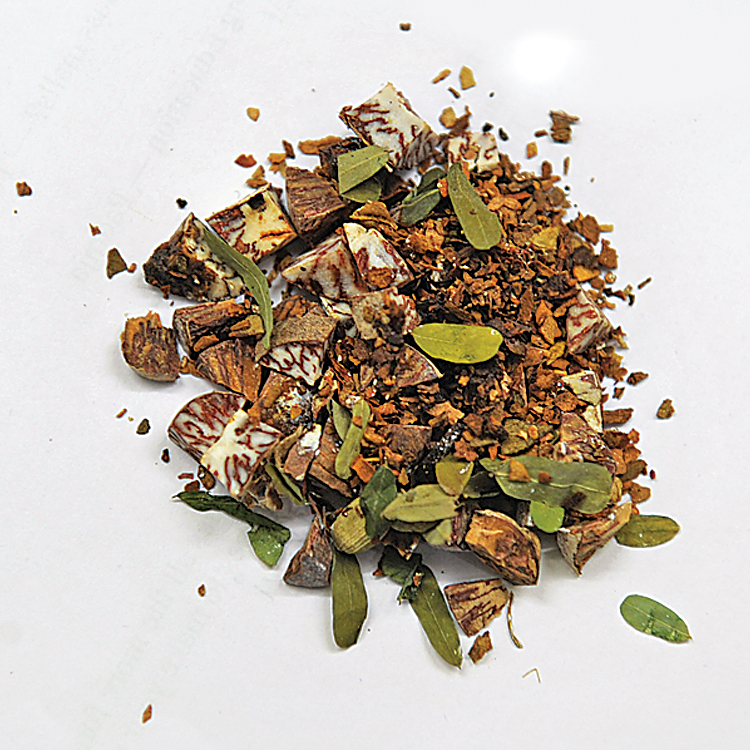
Companies sell tobacco-less pan masala and tobacco separately, claiming
that chewable tobacco is not a food product.
They are selling tobacco-less pan masala and sachets of tobacco separately
While gutka in its known form may be banned, its seemingly legal
derivatives are still freely available. A multitude of colourful sachets
hang in shops, and business is usual for shopkeepers. Although, the
only difference though is that for a gutka-like kick one needs to buy
multiple products. “We no longer supply gutka. But you can mix these
two,” said a shopkeeper in Assaigoli on the outskirts of the city,
pointing to two different coloured sachets.
Though the government has banned the sale and making of gutka and pan
masala that contain tobacco or nicotine under the Food Safety and
Standards (Prohibition and Restrictions on Sales) Regulations, 2011, on
May 31, companies subvert the ban by selling tobacco-less pan masala and
sachets of tobacco separately.
For Rs. 2, customers buy pan masala (with no tobacco, no nicotine
printed clearly) and a small sachet of tobacco. Contents of the two are
crushed between the palms, mixed well and then chewed. “The taste is
terrible. But you get used to it,” said an autorickshaw driver, who was
buying two such sachets in Bendoorwell here.
Though the sale of products such as these has reduced by half since the
ban, Chandra, a shopkeeper in Marnamikatte, said many resorted to buying
tobacco separately. “At least 40 per cent of the customers buy sachets
of pan masala and chewing tobacco… The ban is not effective unless
chewing tobacco itself is banned.”
The sale of chewable tobacco exploits a loophole in the wording of the
Section 2.3.4 of the Regulation, which prohibits addition of tobacco to
food, said Vishal Rao, Director, Cancer Prevention and Tobacco Control
Project, Institute of Public Health, Bangalore.
“This is a billion dollar industry that is looking at all the ways to
flout the law. They claim chewable tobacco is not a food product. This
is a technicality, and States are still waiting for a Supreme Court
clarification on this,” he said.
He said creating multiple names – Chaini, Zarda, among others – instead
of labelling it as gutka was another way to create an “atmosphere of
confusion” to circumvent the ban.
While claiming that gutka is not freely available in the district, B.V.
Rajesh, Food Safety Officer, said that without a government order, they
could not stop the sale of either pan masala or chewable tobacco.








